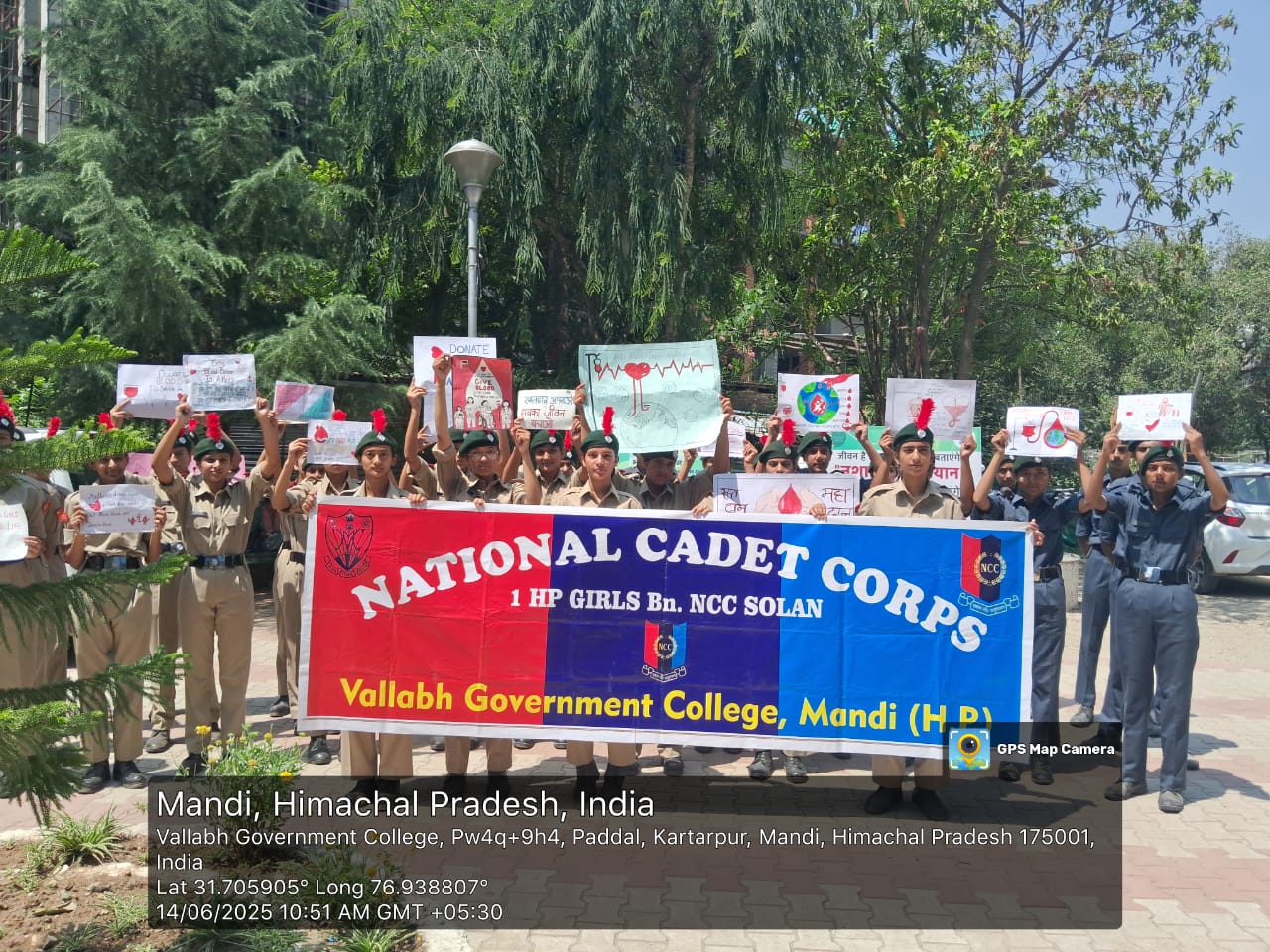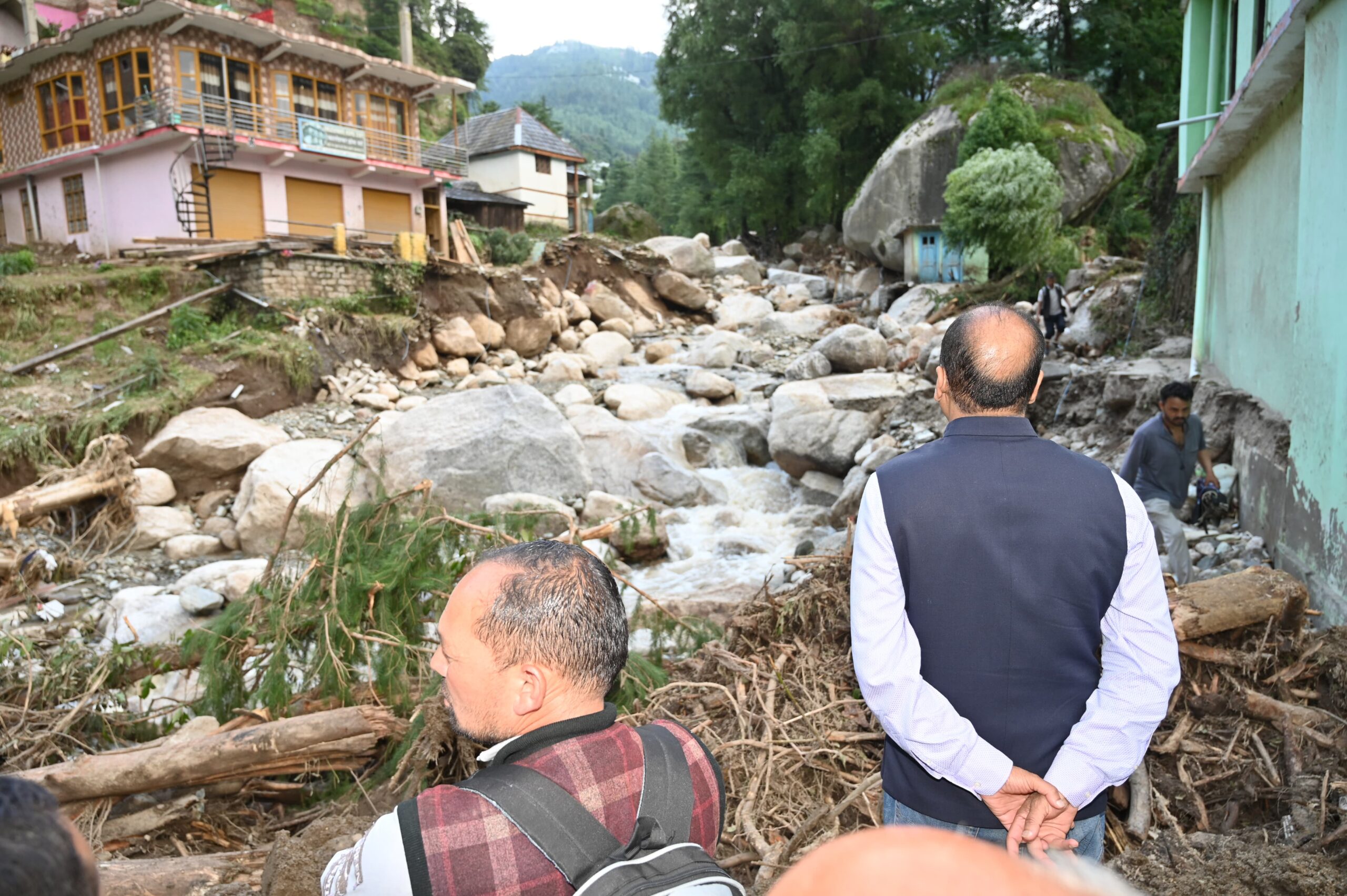WHO Conducts First-Ever Global Simulation to Test Health Emergency Coordination Mechanism.
Geneva:
In a landmark effort to enhance global readiness for future pandemics, the World Health Organization (WHO) successfully concluded Exercise Polaris, a two-day simulation that tested the newly developed Global Health Emergency Corps (GHEC). The exercise marked the first global test of a coordinated response system aimed at improving how countries prepare for and respond to international health emergencies.
More than 15 countries, over 20 regional health agencies, and numerous global emergency networks participated in the simulation, which was designed around the fictional outbreak of a rapidly spreading virus. The exercise involved real-time decision-making, information sharing, and emergency coordination, providing a realistic environment to test international preparedness strategies.
A Global Effort for a Global Threat
Participating nations included Canada, Colombia, Costa Rica, Denmark, Ethiopia, Germany, Iraq, Saudi Arabia, Mozambique, Nepal, Pakistan, Qatar, Somalia, Uganda, and Ukraine, among others. Each country activated its national health emergency coordination systems, working closely with WHO and global partners under realistic, time-sensitive conditions.
Regional and international organizations such as Africa CDC, European CDC, IFRC, IOM, UNICEF, and established emergency networks like the Global Outbreak Alert and Response Network and the Emergency Medical Teams initiative played key roles in supporting the country-led responses. In total, more than 350 health emergency experts collaborated globally through this simulation.
GHEC: A New Era of Emergency Collaboration
The Global Health Emergency Corps, launched by WHO, is a framework designed to coordinate rapid deployments of health experts and surge teams during global crises. It also fosters stronger cross-border collaboration and enhances the overall capacity of national emergency response systems.
“This exercise proves that when countries lead and partners connect, the world is better prepared,” said Dr. Tedros Adhanom Ghebreyesus, WHO Director-General. “No country can face the next pandemic alone. Exercise Polaris shows that global cooperation is not only possible – it is essential.”
Building Trust and Testing Systems
The simulation allowed nations to test not only their emergency protocols but also their ability to communicate, coordinate, and collaborate with international partners. Costa Rica’s Vice Minister of Health, Dr. Mariela Marín, highlighted the importance of inter-agency coordination, stating, “Efficient coordination and interoperability processes are key to guaranteeing timely interventions in health emergencies.”
Qatar’s Dr. Soha Albayat echoed the sentiment, adding, “Polaris demonstrated the critical importance of cultivating trust before a crisis occurs. We’ve moved beyond reactive measures and are now proactively anticipating, aligning, and coordinating our cross-border emergency response plans.”
A Signal of Growing Readiness
Dr. Mike Ryan, Executive Director of WHO’s Health Emergencies Programme, praised the exercise for showcasing what countries can achieve when unified by purpose and supported by a strong network of global partners.
“Exercise Polaris showed what is possible when countries operate with urgency and unity supported by well-connected partners,” Ryan said. “It is a strong signal that we are collectively more ready than we were.”
At a time when multilateralism faces increasing challenges and public health is often viewed through national priorities, Exercise Polaris stood as a reaffirmation that health is a shared global responsibility. WHO plans to conduct similar simulations in the future to further strengthen global emergency preparedness and response systems.




